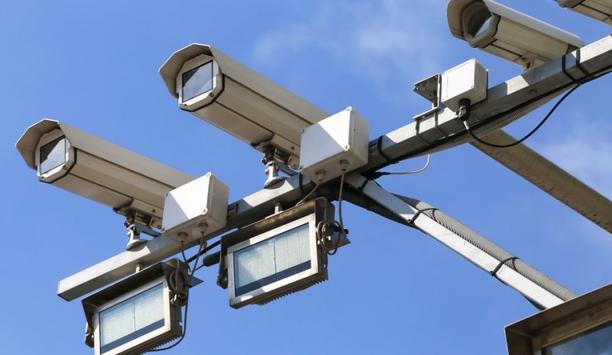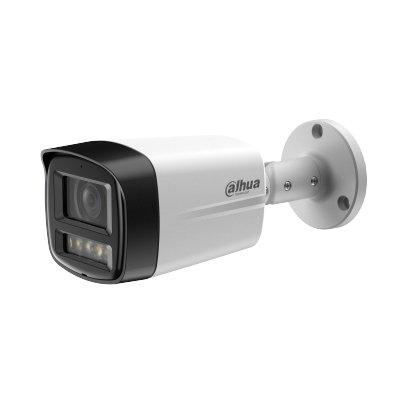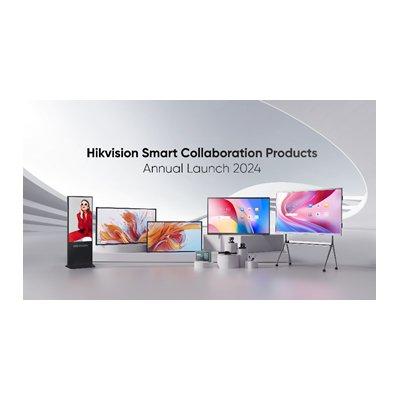 |
| IP video recording systems offer high-res imaging, speed & analytics to its end users |
Familiarity with analogue systems
Familiarity is one factor in the slow conversion of casino customers to IP technologies. Many end users and integrators are comfortable with and have long-term experience with the more simplistic analogue systems. However, as IP systems continue to become easier to install and maintain with more plug-and-play technology, this dynamic should change. A problem of latency when controlling pan-tilt-zoom (PTZ) functions of IP systems also suffered by comparison to responsive analogue technology, but the problem has been solved.
The conversion from analogue to IP has been slower than expected, but the trend is beginning to accelerate, says Larry Wanvig, senior national account manager – gaming, Tyco Security Products. Most casinos recognise the benefits that IP can offer in terms of resolution, speed, control and integrations, he adds. As such, casinos often turn to a hybrid approach and try to slowly phase in newer IP video recording systems and cameras. It seems that smaller casinos migrate and adopt IP technology more quickly than the larger “corporate” casinos, which have been a bit slower to make those types of investments, Wanvig says. However, IP conversion is largely decided by budgetary factors.
One of Tyco’s casino customers has been a long-time Intellex DVR user and is now deploying the Victor Unified Client and preparing for migration to IP while continuing to use their existing digital video recorders (DVRs). Victor Unified Client allows the casino and others to migrate as budgets permit by providing a single user interface not only for the newer network video recorder (NVR) technology, but also for the older DVR technology. This maximises the casino’s investment and makes the transition to IP easier.
Improved resolution & control renews IP interest
High video resolution, a unified interface that leverages video and access control, and reductions in PTZ camera control latency have all impacted casinos’ acceptance of IP significantly, says Wanvig. With increased resolution come improvements in live and recorded video as well as playback quality, which deliver more detail for investigation and incident confirmation.
Most casinos recognise the benefits |
The significantly reduced latency of Tyco’s Illustra IP PTZ dome – it can move to position in as fast as 512 degrees per second – has really accelerated the acceptance of IP within gaming. Compared to the responsiveness of traditional analogue PTZ technology, some of the earlier IP PTZ cameras experienced significant lag time between the real-time movement of the object and when the image was displayed, making tracking an object difficult. The responsiveness of the new PTZ dome far surpasses that of these older IP PTZ cameras.
Tyco Security Products has been providing market-specific products and support to the casino surveillance market for more than 30 years. Historically, Tyco has provided analogue matrix systems to help casino operators easily manage multiple viewing monitors from a single keyboard and Intellex DVRs to help casinos migrate to digital video recording. Today, as casinos upgrade their analogue cameras and recording equipment and move to IP cameras, NVRs and virtual matrix systems, Tyco’s Victor Unified Client provides seamless control of both analogue and IP environments from a single user interface.
Tyco’s low-latency cameras give this casino real-time tracking and monitoring, high-resolution imaging, and low bandwidth usage, which cut costs. Powerful NVRs allow the casino to use multiple video streams for live and recorded video and to access it quickly. The unified client leverages real-time alarms and events with video surveillance to give the casino a comprehensive view of their facilities. Any casino that values high-resolution imaging, speed, advanced analytics and complete view of its security could benefit from a similar deployment.







































